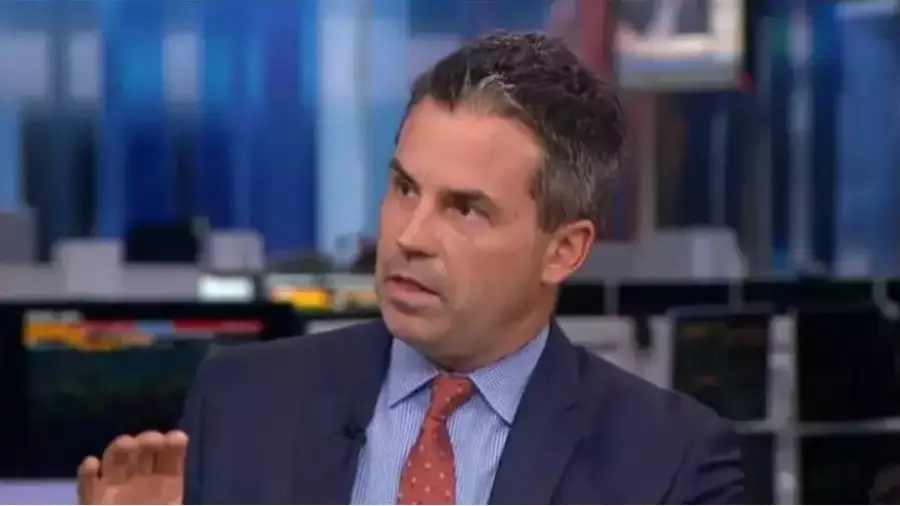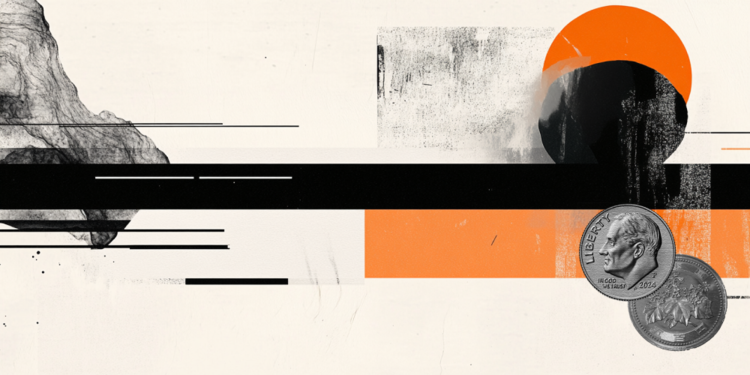The president of Hungary Tamas Sulyok, signed the bill that approved the accession of Sweden to the military alliance of NATO the president's office reported this Tuesday (5), paving the way for Sweden to become the 32nd member of the alliance in the country in the coming days.
Stockholm abandoned its policy of non-alignment in favor of greater security within the North Atlantic Treaty Organization following the invasion of Ukraine for the Russia in 2022.
The remaining formalities, such as the delivery of membership documentation in Washington, must be completed quickly.
“It is tremendously important and we hope that now we become members, and it will not be a matter of weeks, but of days,” Swedish Defense Minister Pal Jonson said at a press conference in Stockholm.
“It will be good for Sweden and it will be good for NATO. It will be good for stability across the Euro-Atlantic area if Sweden can become a full member of NATO.”
Most NATO countries approved Sweden's candidacy quickly after its application in May 2022, but Turkey and Hungary delayed the process, unhappy with Sweden's support for Kurdish separatists and criticism of the Hungarian government.
The accession of Finland last year, and soon of Sweden, which has not been at war since 1814, is NATO's most significant expansion since it welcomed Eastern European members after the collapse of the Soviet Union in 1991.
Membership is a blow to President Vladimir Putin, and Russia now faces an almost unbroken chain of NATO members to the west, stretching from the Black Sea to the Arctic.
Hungarian lawmakers approved Sweden's NATO candidacy on February 26, after Prime Minister Viktor Orban's government faced pressure from allies to fall in line and seal Sweden's membership in the alliance.
Source: CNN Brasil
Bruce Belcher is a seasoned author with over 5 years of experience in world news. He writes for online news websites and provides in-depth analysis on the world stock market. Bruce is known for his insightful perspectives and commitment to keeping the public informed.







